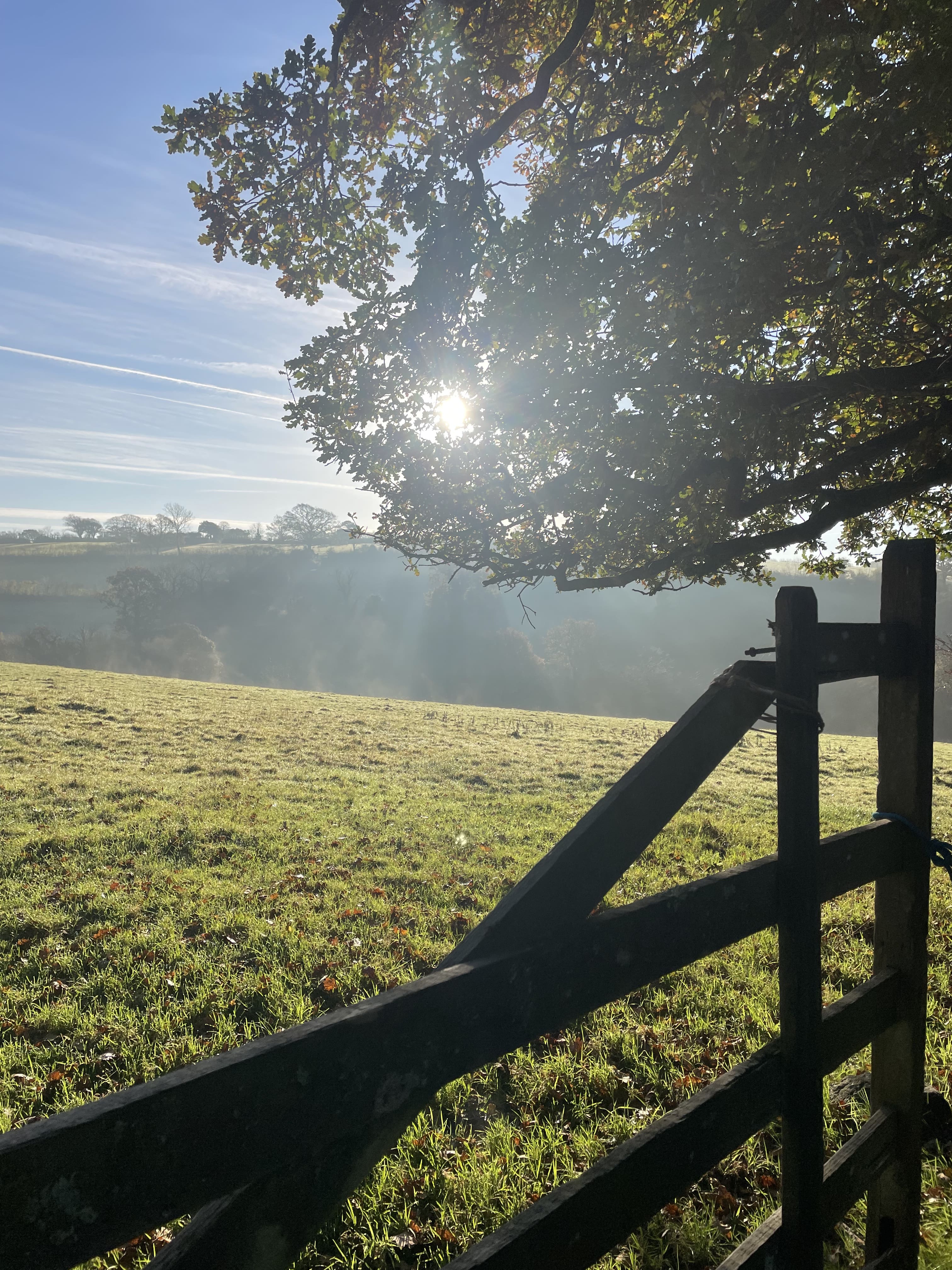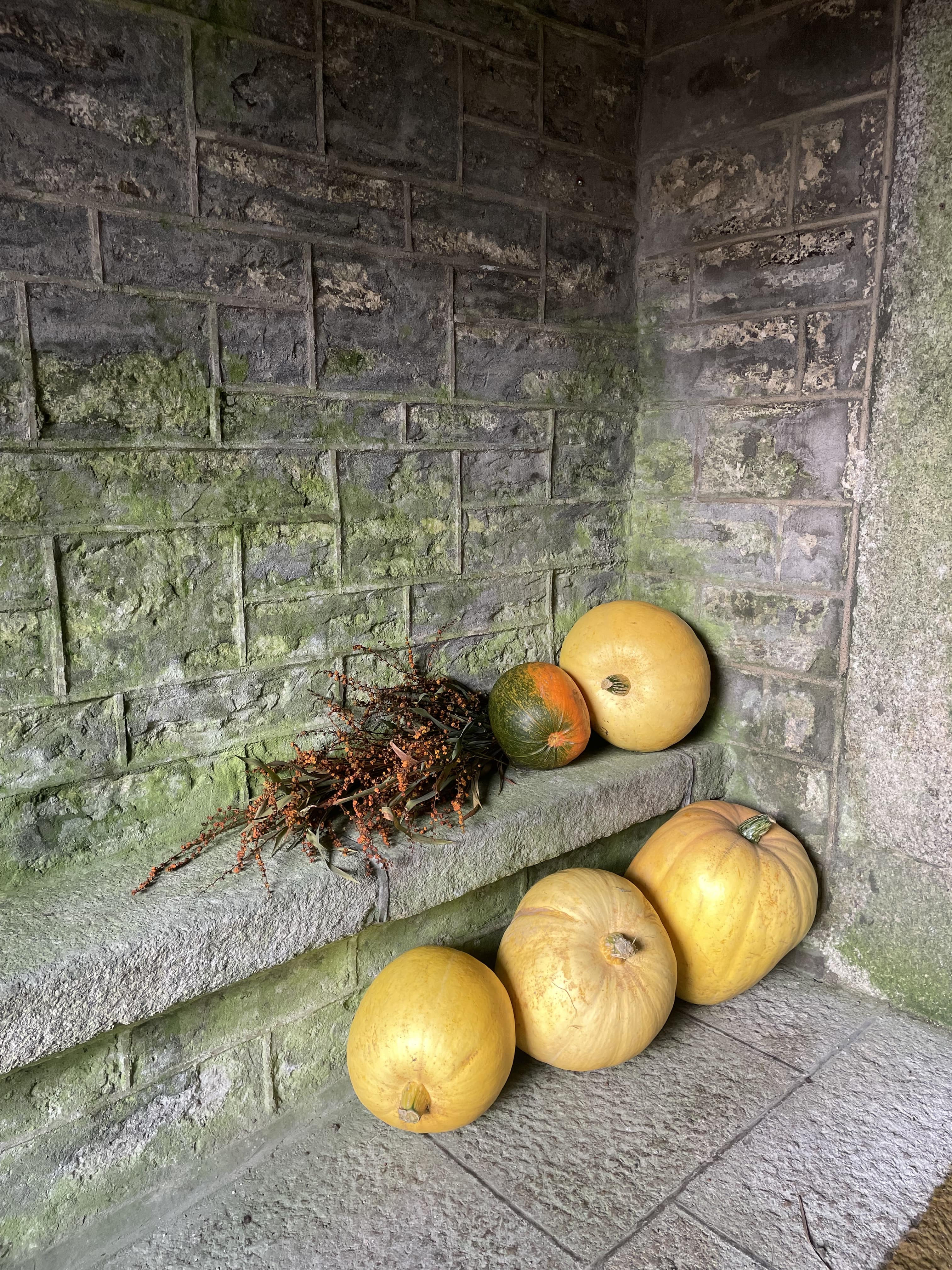Autumn traditions: Allantide and Halloween
While we may think of Halloween as just another excuse to dress up and eat many, many bags of sweets, it actually stems back to ancient traditions passed down through the ages.
Autumn traditions: Allantide and Halloween
While we may think of Halloween as just another excuse to dress up and eat many, many bags of sweets, it actually stems back to ancient traditions passed down through the ages.

The Celts and Samhain
After the Iron Age, Celtic tribes inhabited Britain. As farming people, the seasons played a big part in their everyday lives. It’s during this period in history when the festival of Samhain is first recorded. It marked the end of summer, brought harvest to a close, and was a time to prepare for the coming winter.
Celebrated on 31st October, it was thought that spirits of the dead would return to the mortal world, and so bonfires were lit to keep evil at bay. The embers from the bonfire would also light a fire in each hearth, protecting the residents.

The Romans and Christianity
When the Romans invaded Britain, they brought their own traditions with them and so the festival of Samhain evolved. Bobbing apples, for example, was an activity perhaps celebrating the Roman goddess of fruit, Pomona.
Also on the rise was Christianity. All Saints Day was traditionally held in May and was an event to honour the saints who had died. This was until Pope Gregory IV moved it to 1st November, and threaded the old traditions of Samhain into the celebrations. It later would become better known as All Hallows Eve, and was believed to be the one night of the year when the veil between the mortal and spirit world was at its thinnest.

Allantide
Allantide is a Cornish tradition held on 31st October that, similar to the old celebrations of Samhain, signifies the end of summer and the start of winter.
To celebrate, most give shiny red Allan apples as a sign of good luck. In the past, Allan apple markets were held, and some girls used to put an apple under their pillows so that they might dream of their future husbands.








